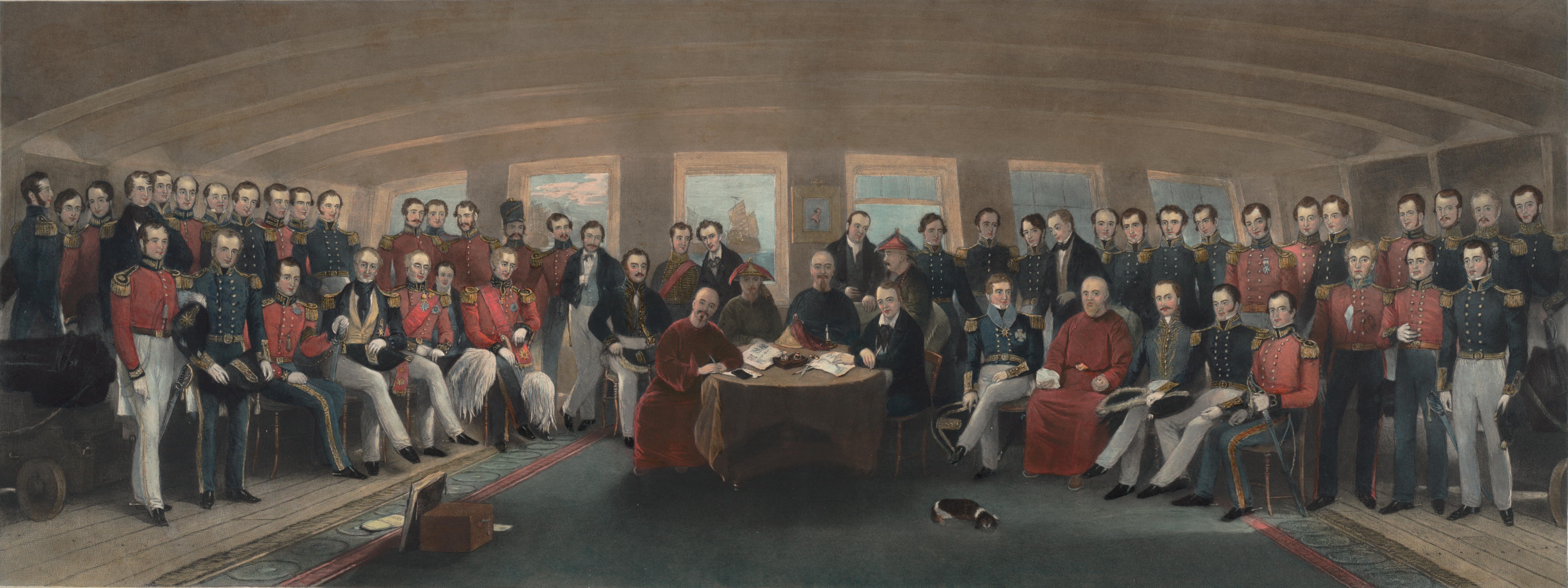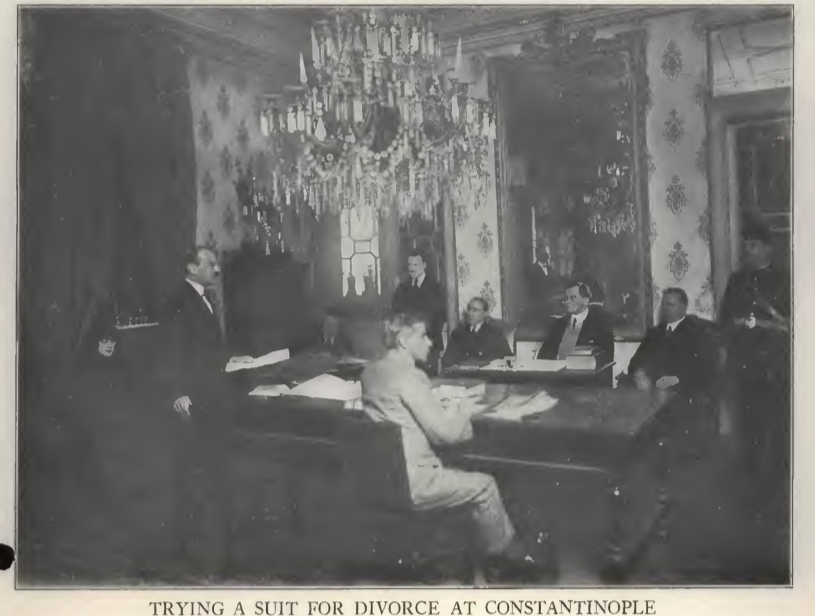|
Ernest Bethell
Ernest Thomas Bethell (3 November 1872 – 1 May 1909), who is also known by his Korean name (, ), was a British journalist who founded a newspaper, '' The Korea Daily News'', antagonistic to Japanese rule. Arrival in Korea In 1904, Ernest Bethell travelled from Kobe, Japan, where he had been in the export business, to Korea as a correspondent for the ''Daily Chronicle'', with the purpose of reporting on the Russo-Japanese War. He then continued to stay in Korea and reported on Japanese imperialism in Korea. Bethell soon noted the abuses by Japanese soldiers towards Koreans, and how Koreans were treated unfairly and as inferior to the Japanese. Founding of Korean newspapers He founded an early newspaper in Korea with Yang Gi-tak, a Korean independence activist, in 1904 called '' Daehan Maeil Sinbo'' (대한매일신보, 大韓每日申報, The Korea Daily News) which was published in both Korean and English. The publication was strongly antagonistic to Japanese rule in Kore ... [...More Info...] [...Related Items...] OR: [Wikipedia] [Google] [Baidu] |
Bristol
Bristol () is a city, ceremonial county and unitary authority in England. Situated on the River Avon, it is bordered by the ceremonial counties of Gloucestershire to the north and Somerset to the south. Bristol is the most populous city in South West England. The wider Bristol Built-up Area is the eleventh most populous urban area in the United Kingdom. Iron Age hillforts and Roman villas were built near the confluence of the rivers Frome and Avon. Around the beginning of the 11th century, the settlement was known as (Old English: 'the place at the bridge'). Bristol received a royal charter in 1155 and was historically divided between Gloucestershire and Somerset until 1373 when it became a county corporate. From the 13th to the 18th century, Bristol was among the top three English cities, after London, in tax receipts. A major port, Bristol was a starting place for early voyages of exploration to the New World. On a ship out of Bristol in 1497, John Cabot, a Venetia ... [...More Info...] [...Related Items...] OR: [Wikipedia] [Google] [Baidu] |
Korean Mixed Script
Korean mixed script () is a form of writing the Korean language that uses a mixture of the Korean alphabet or ''hangul'' () and ''hanja'' (, ), the Korean name for Chinese characters. The distribution on how to write words usually follows that all native Korean words, including suffixes, particles, and honorific markers are generally written in ''hangul'' and never in ''hanja''. Sino-Korean vocabulary or ''hanja-eo'' (), either words borrowed from Chinese or created from Sino-Korean roots, were generally always written in ''hanja'' although very rare or complex characters were often substituted with ''hangul''. Although the Korean alphabet was introduced and taught to people beginning in 1446, most literature until the early twentieth century was written in literary Chinese known as ''hanmun'' (). Although examples of mixed-script writing are as old as ''hangul'' itself, the mixing of ''hangul'' and ''hanja'' together in sentences became the official writing system of the K ... [...More Info...] [...Related Items...] OR: [Wikipedia] [Google] [Baidu] |
Lee Soo-sung
Lee Soo-sung (born March 10, 1939) is a South Korean politician and legal scholar. He was the 27th Prime Minister of South Korea from December 18, 1995 to March 4, 1997. Prior to becoming prime minister, he was president of Seoul National University. He later served as the executive vice chairman of the Advisory Council on Democratic and Peaceful Unification, the presidential advisory body on unification with North Korea. Biography He was born in Kankō, Kankyōnan-dō, studied and graduated with a law degree going on to become a judge and following tenure as a lawyer went on become Associate Justice. During the Korean War he was abducted into North Korea. Lee Soo-sung enrolled into the Law School of Seoul National University in 1956 following graduation from Seoul High School. He received his Ph.D. degree in 1961 and also received LL.D. from the same university. His teaching experiences include various positions such as full-time lecturer, assistant professor, associa ... [...More Info...] [...Related Items...] OR: [Wikipedia] [Google] [Baidu] |
Yanghwajin Foreigners' Cemetery
Yanghwajin Foreign Missionary Cemetery ( ko, 양화진외국인선교사묘원), also known as the Hapjeong-dong () International Cemetery, is a cemetery overlooking the Han River in the district of Mapo-gu, Seoul, South Korea. Designated in 1890 as a site for foreign missionaries by King Gojong, the site is currently open to the public from 9:00am to 6:00pm and is located next to Jeoldusan Martyr's Shrine. It is estimated that approximately 30,000 Koreans and 500 foreign nationals visit every year. History The death of Presbyterian minister John Heron in July 1890 prompted the small but growing international community in Seoul to look for a proper location for burials. Previous burials were conducted in modern-day Incheon at the Chemulpo Foreigners' Cemetery. Dr. Horace Allen obtained the land rights of the bluff overlooking the Han River and called it Yanghwajin; so named for an old ferry crossing that once existed nearby. The site for the cemetery already had historical ... [...More Info...] [...Related Items...] OR: [Wikipedia] [Google] [Baidu] |
Cardiomegaly
Cardiomegaly (sometimes megacardia or megalocardia) is a medical condition in which the heart is enlarged. As such, it is more commonly referred to simply as "having an enlarged heart". It is usually the result of underlying conditions that make the heart work harder, such as obesity, heart valve disease, high blood pressure (hypertension), and coronary artery disease. Cardiomyopathy is also associated with cardiomegaly. Cardiomegaly can be serious depending on what part of the heart is enlarged, and can result in congestive heart failure. Recent studies suggest that cardiomegaly is associated with a higher risk of sudden cardiac death. Cardiomegaly may improve over time, but many people with an enlarged heart (dilated cardiomyopathy) need lifelong treatment with medication. Having an immediate family member who has or had cardiomegaly may indicate that a person is more susceptible to getting this condition. Signs and symptoms For many people, cardiomegaly is asymptomatic. For ot ... [...More Info...] [...Related Items...] OR: [Wikipedia] [Google] [Baidu] |
Frederick Samuel Augustus Bourne
Sir Frederick Samuel August Bourne (1854–1940) was a British judge, diplomat and botanist who served in China. His last positions before retirement were concurrently as Assistant Judge of the British Supreme Court for China and Judge of the High Court of Weihaiwei. Early life Bourne was born on 3 October 1854. He was the son of Rev. S. W. Bourne, Rector of Winfarthing, Norfolk, and Mary Caroline, daughter of late Henry Cassin, M.D. His father had died leaving "a widow and six children in reduced circumstances." At the age of 18, Bourne commenced work as a clerk in the War Office. Consular career He had been advised that "pay and prospects were better in China" and started studying for the Foreign Office exam. He passed a competitive exam on 14 February 1876 and was appointed a student interpreter in China on 10 March 1876. Bourne served all over China, including Guangzhou, ChongqingPagoda Island(near Fuzhou), Wuhu and Tamsui (near Taipei). While in Chongqing he had gone on ... [...More Info...] [...Related Items...] OR: [Wikipedia] [Google] [Baidu] |
Sedition
Sedition is overt conduct, such as speech and organization, that tends toward rebellion against the established order. Sedition often includes subversion of a constitution and incitement of discontent toward, or insurrection against, established authority. Sedition may include any commotion, though not aimed at direct and open violence against the laws. Seditious words in writing are seditious libel. A seditionist is one who engages in or promotes the interest of sedition. Because sedition is overt, it is typically not considered a subversive act, and the overt acts that may be prosecutable under sedition laws vary from one legal code to another. Roman origin ''Seditio'' () was the offence, in the later Roman Republic, of collective disobedience to a magistrate, including both military mutiny and civilian mob action. Leading or instigating a ''seditio'' was punishable by death. Civil ''seditio'' became frequent during the political crisis of the first century BCE, as pop ... [...More Info...] [...Related Items...] OR: [Wikipedia] [Google] [Baidu] |
British Supreme Court For China And Japan
The British Supreme Court for China (originally the British Supreme Court for China and Japan) was a court established in the Shanghai International Settlement to try cases against British subjects in China, Japan and Korea under the principles of extraterritoriality. The court also heard appeals from consular courts in China, Japan and Korea and from the British Court for Japan which was established in 1879. History of the court Britain had acquired extraterritorial rights in China under the Treaty of Nanking in 1842. The United States obtained further extraterritorial rights under the Treaty of Wanghsia, which Britain was able to take advantage of under the Most Favoured Nation provision in a Supplemental Agreement to the Treaty of Nanking. Subsequently, under the Treaty of Tientsin, these rights were provided for directly in a Sino-British Treaty. In 1858, Britain obtained extraterritorial rights in Japan under the Anglo-Japanese Treaty of Amity and Commerce. The Tr ... [...More Info...] [...Related Items...] OR: [Wikipedia] [Google] [Baidu] |
Resident (title)
A resident minister, or resident for short, is a government official required to take up permanent residence in another country. A representative of his government, he officially has diplomatic functions which are often seen as a form of indirect rule. A resident usually heads an administrative area called a residency. "Resident" may also refer to resident spy, the chief of an espionage operations base. Resident ministers This full style occurred commonly as a diplomatic rank for the head of a mission ranking just below envoy, usually reflecting the relatively low status of the states of origin and/or residency, or else difficult relations. On occasion, the resident minister's role could become extremely important, as when in 1806 the Bourbon king Ferdinand IV fled his Kingdom of Naples, and Lord William Bentinck, the British Resident, authored (1812) a new and relatively liberal constitution. Residents could also be posted to nations which had significant foreign influence ... [...More Info...] [...Related Items...] OR: [Wikipedia] [Google] [Baidu] |
Good Conduct Time
Good conduct time, good time credit, good time, or time off for good behavior is a sentence reduction given to prisoners who maintain good behavior while imprisoned. Good time can be forfeited if a prisoner is determined to have committed disciplinary infractions and/or crimes while incarcerated. Under United States federal law, prisoners serving more than one year in prison get 54 days a year of good time on the anniversary of each year they serve plus the pro rata good time applied to a partial year served at the end of their sentence, at the rate of 54 days per year. Persistent controversy over calculation of good conduct time in the United States was laid to rest in the Supreme Court decision in '' Barber v. Thomas'' in 2010. The First Step Act The First Step Act, formally known as the Formerly Incarcerated Reenter Society Transformed Safely Transitioning Every Person Act, is a bipartisan criminal justice bill passed by the 115th Congress and signed by President Donald Trum ... [...More Info...] [...Related Items...] OR: [Wikipedia] [Google] [Baidu] |
Breach Of The Peace
Breach of the peace, or disturbing the peace, is a legal term used in constitutional law in English-speaking countries and in a public order sense in the several jurisdictions of the United Kingdom. It is a form of disorderly conduct. Public order England, Wales and Northern Ireland In England and Wales, theoretically all criminal offences cognizable by English law involve "a breach of the King's peace", and all indictments formerly concluded "against the peace of our Lady the Queen, her crown and dignity" before the passage of the Indictments Act 1915 and the Rules that formed that Act's first schedule. The conclusion has also found its way into constitutional law in many United States state constitutions, which mandate that indictments within the state end in a similar manner to the above, usually omitting the "crown" part or substituting "government". For example, New Jersey's is "against the peace of this State, the government and dignity of the same". Historically that con ... [...More Info...] [...Related Items...] OR: [Wikipedia] [Google] [Baidu] |
Consular Court
Consular courts were law courts established by foreign powers in countries where they had extraterritorial rights. They were presided over by consular officers. Extraterritoriality Western powers when establishing diplomatic relations with countries they considered to have underdeveloped legal systems would demand extraterritorial rights. Treaty provisions provided that the laws of the local country did not apply to citizens of the treaty powers and that local courts did not have jurisdiction over them. Consular courts were established to handle civil and criminal cases against citizens and subjects of the subjects of the country. The British had the widest system of consular courts run by the Foreign Office. British consular courts could be found in Africa, the Ottoman Empire, Egypt, China, Japan, Korea and Siam.Turan Kayaoğlu, Legal Imperialism, Sovereignty and Extraterritoriality in Japan, the Ottoman Empire, and China China and Japan In China and Japan under the "une ... [...More Info...] [...Related Items...] OR: [Wikipedia] [Google] [Baidu] |


.jpg)





